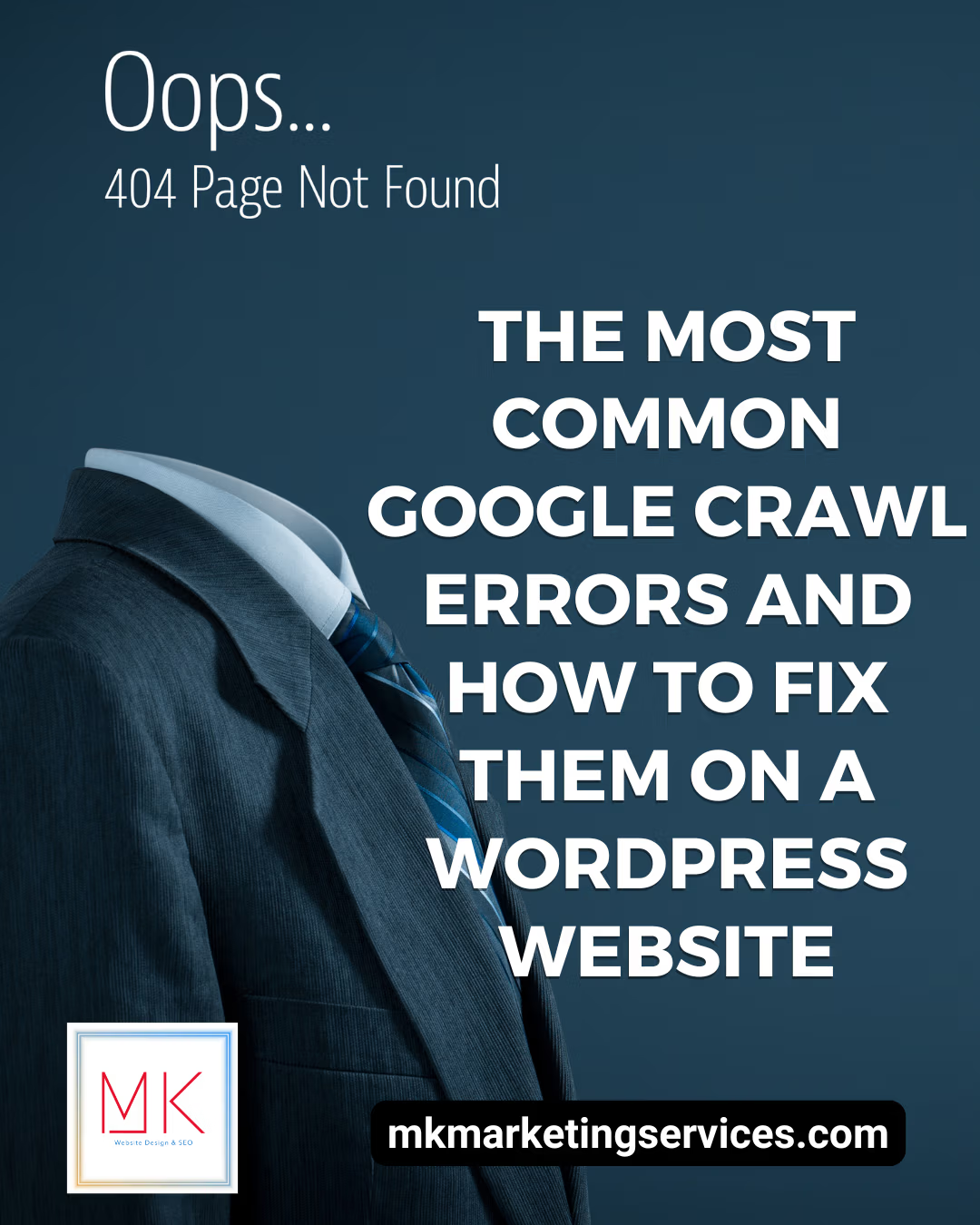Data analytics is an invaluable tool that many businesses rely on these days to make better decisions. Moreover, business owners rely on data to be as accurate as possible. This data will often be historical and used to predict the present and future outcomes so that businesses can better plan for these instances. So, if your business could do with some enhancement, here’s how to use data analytics for your business’s benefit.
Retention and acquisition of customers
If you don’t know your ideal customer, then it can be challenging to figure out how to appeal to them directly. This is where data analytics can help identify your target market based on informational data to accurately depict your ideal buyer persona. You can then formulate a tailored marketing strategy that will speak to them specifically. As soon as you have acquired your customer base, data analytics can assist your business in retaining them, too, as the cost of retaining an existing customer is often far cheaper than acquiring a new one. Data analytics can assist here by allowing you to identify those crucial points in the sales funnel where your customers become dissatisfied so that you can take corrective action in a time before they revert to your competitors.
Better marketing campaigns
Your marketing campaigns will almost certainly yield better results when you rely on data validity to create better marketing campaigns. Furthermore, with big data analytics, you can pretty much plan your marketing strategy to a tee because details relating to your pricing structure, advertising spend, forecasting predictions, etc. will be more accurate to start off, hopefully increasing your return on investment dramatically as a result.
Risk management
Data analytics is based on computational information, so it makes sense that it could also serve to protect your company from the majority of threats online. Moreover, data analytics can go beyond just reducing online security threats by identifying other areas within your business that are potentially at risk. For example, your business could lose more money than it should by paying more than it ought to on insurance policies.
Inventory management
Suppose the way you manage your inventory is an area that could do with some improvement. In that case, data analytics could assist here, too, by ensuring that your inventory levels are always at that optimum level to satisfy demand. Furthermore, it could also help you identify areas where wastage could be occurring or areas where there is an imbalance of stock. You can then work on rectifying these areas as quickly as possible so that your turnover is not affected by these stock imbalances or stock disturbances as much.
Business Process Management: How it fits into the bigger picture
Many businesses use the data from a business process management (or BPM) system to streamline their business processes better. For example, tools for process mining provide insights on how to improve your workflows, increase sales and identify those areas that could lead to opportunities for your business overall. Cloud accounting software is another example of using data to help you manage your finances better. It gives you accurate insights into what your profit and loss statements and balance sheet are looking like at all times.
All-in-all, data analytics is essential for any business to take up, as it can dramatically boost your business’s success when used correctly. Furthermore, if your industry is data-intensive, then your business can ill-afford not to do without it, judging by the many companies utilizing digital information because they realize the enormous benefits this technology brings to their businesses.
If you are thinking of creating a website for your business, then visit the MK Website Designs website for professional web designing services to help your business excel online.













